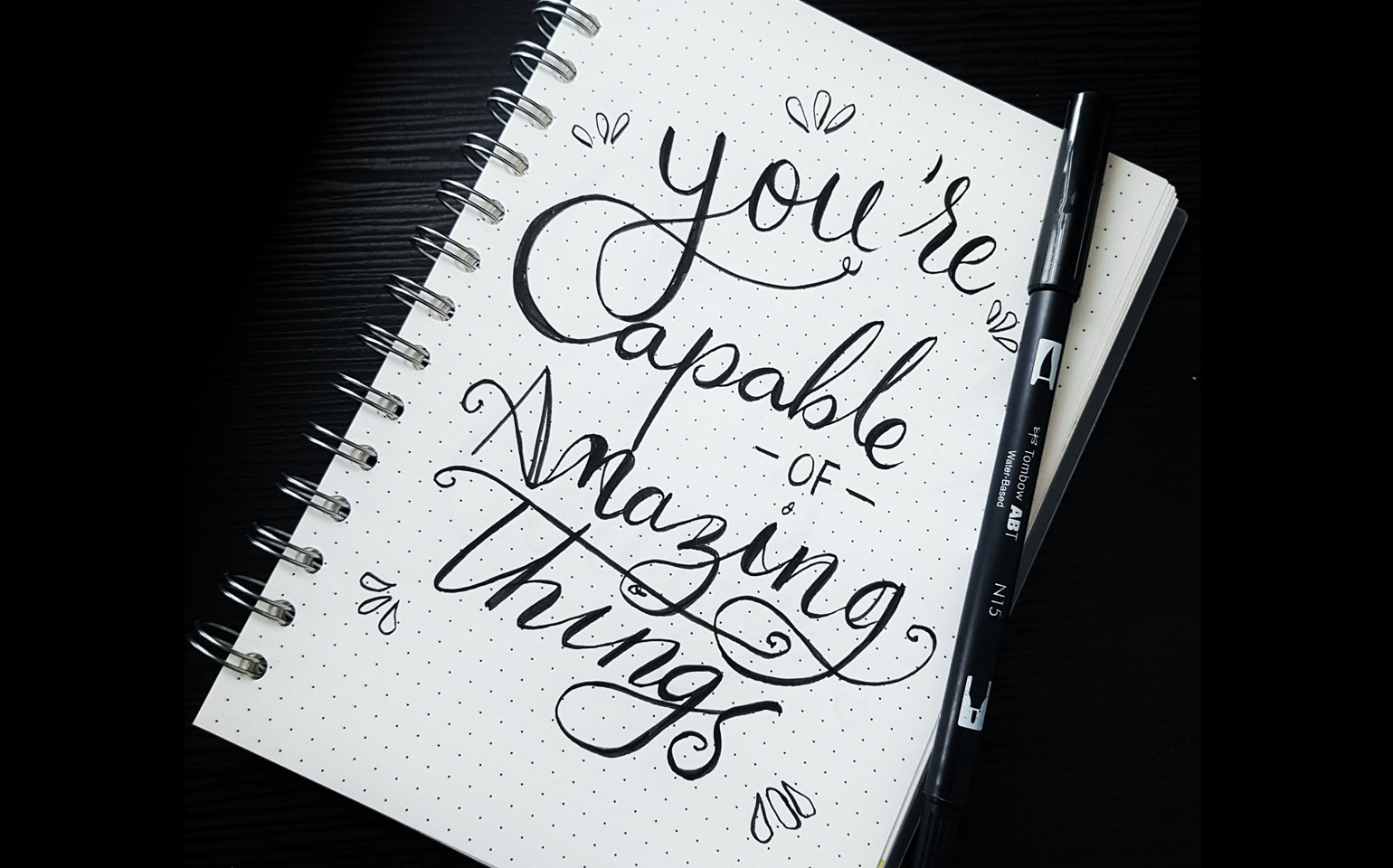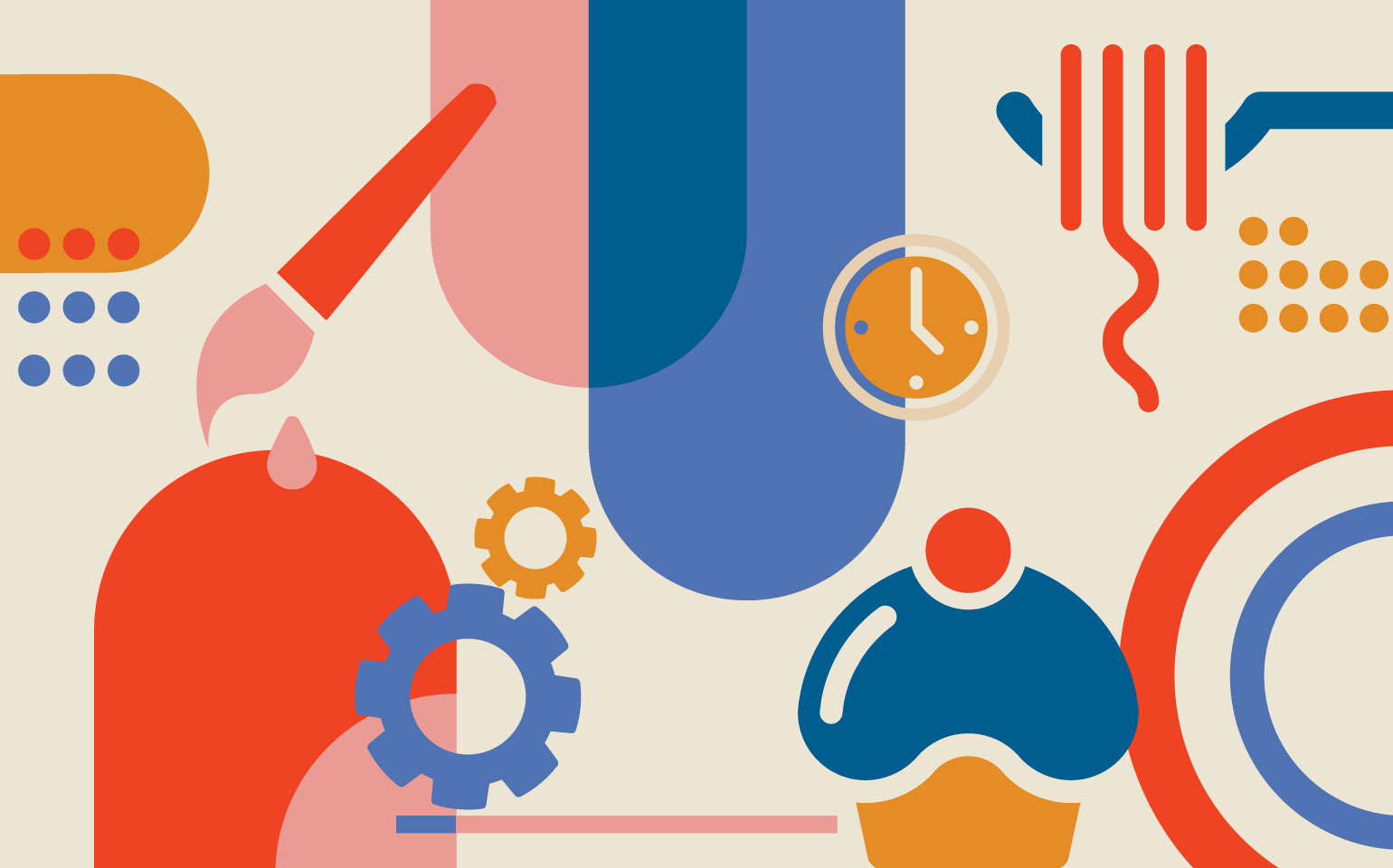
My Experience with Positive Affirmations
I have always been a perfectionist. Holding myself to a high standard is kind of what I do. Sometimes though, it can be hard to keep in mind that I can be great even if I make mistakes or don’t do as well as I’d hoped. Positive affirmations helped me curb that thinking and focus on the good parts of me rather than the bad.
Thinking back, I’ve always put pressure on myself to never fail, and always be perfect. But over the years it has increased to a point where it causes me great stress and negatively affects my sleep pattern. Maybe this is because I’m getting older and higher up in school, or maybe it’s simply because I know more about myself and, therefore, can focus on the mistakes.
The thing is, I know there are no huge and perfect expectations from the people I love, like my parents, relatives, or friends; yet I still seem to feel it.
I first started to learn more about mental well-being around grade six. We covered the basics of what mental illnesses are, what stress is, what meditation is, and more. But I didn’t really understand what “positive affirmations” are until the eighth grade. This was when I started a daily five-minute journal. Although, I realize now that grade eight was fully virtual, and I started to have more and more negative feelings as the pandemic progressed. I think that while this wasn’t really a good thing, and it made me a more negative person overall, it did introduce me to many beneficial things like positive affirmations.
According to psychologist Lauren Alexander, Ph.D. on health.clevelandclinic.org, positive affirmations are things you say to yourself to build yourself up. These can be said aloud or in your head, but they are essentially a way of overcoming negative or self-doubting thoughts. Dr. Alexander says, “We live in a society where it’s easy to get bogged down with lots of negativity. Positive affirmations are a way to help shuttle out some of that negativity, in terms of the things that we say to ourselves.” So, whether it’s reinforcing something you believe about yourself, “I am amazing!” or whether it’s reinforcing something you hope to improve on, “I can walk one more kilometre!” positive affirmations are proven useful. So how did they affect me in the long run?
The change didn’t exactly happen overnight; like almost anything on this earth, change takes time. Incorporating positive affirmations into your daily habits needs to progress slowly and takes patience. I started with writing one positive affirmation every morning using a guided five-minute journal. After a couple of weeks or so, I realized that I wasn’t necessarily always jumping right to the negative side of things, which was a real improvement. After another couple of weeks, I found that I was more confident with myself and my skills. To me, this was great. After that first year and a half or so (of Covid especially), I found that having a break from all the pessimistic thoughts was nice. In fact, it was amazing!
I still continue to write one positive affirmation down every day, but I have also started saying them to myself. For example, I had a ballet exam earlier in the year. As one would expect, I was very nervous. So, what I did beforehand was look at myself in a mirror and say, “You can do this!” and “You are a great dancer; you’re gonna do great!” I and the others who were doing the exam also said these things to each other. Well, it worked. Of course, not everything can go perfectly and there were some bumps, but I didn’t forget an entire exercise or anything like that.
I found that if I ever doubted myself or my abilities, reciting these simple lines to myself helped so much. And everyone has their off days, too. Sometimes I needed that pick-me-up.
If someone came up to me on the street and asked if positive affirmations affected me in a good way, I would definitely say yes. At least from my experiences, they helped me with everything from schoolwork to public speaking to self-love. A long time ago, I used to think that all of this stuff was kind of useless and didn’t actually do anything. But really, I think it was probably just because I hadn’t been introduced to it yet.



